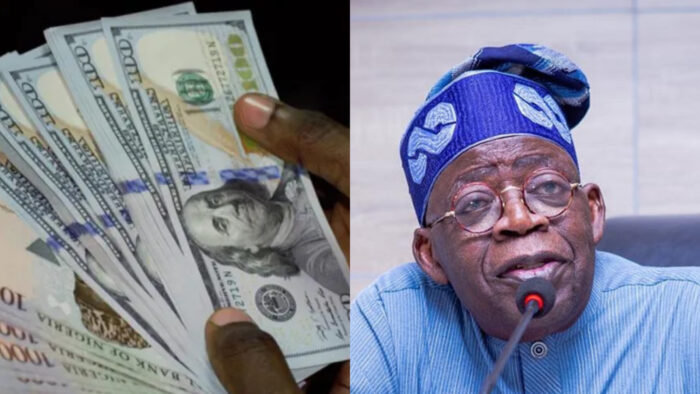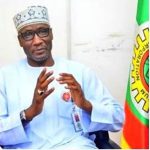Nigeria’s Foreign Reserves Surge to $40.2 Billion
Nigeria’s foreign reserves have increased significantly, reaching $40.2 billion in October 2024, up from $38.4 billion in September.
This news was shared by Olayemi Cardoso, the Central Bank Governor, during an investors’ meeting in Washington DC on Wednesday.
Join our WhatsApp ChannelGovernment’s Approach to Foreign Reserves
Wale Edun, Nigeria’s Minister of Finance and Coordinating Minister of the Economy, at the meeting spoke about the government’s strategy regarding foreign reserves, stating, “Our gross reserves are building organically. We are no longer defending the naira as we did in the past.”
This marks a significant shift in the government’s approach to managing the currency and foreign reserves.
Building Confidence Through Transparency
Edun emphasised the importance of transparency in managing Nigeria’s foreign reserves.
He reassured investors, saying, “We are committed to providing regular updates on the country’s reserve position.” This statement reflects a proactive approach to addressing concerns about the net reserves.
“We are very committed to sharing that number very shortly,” Edun added. “We had given a timeline earlier in the year, and by the end of this year, we hope to share aggregated reserves.”
READ ALSO: Nigeria’s Foreign Reserves Rise By $621.2 Million In 10 Days After Domestic Dollar Bond Sale
Impact of Market-Driven Policies
The decision not to defend the naira has led to a more organic growth of the foreign reserves. Edun pointed out, “We were spending a billion dollars every month just to defend the naira. This has changed.” By allowing the market to determine the exchange rate, the government aims to stabilise the economy and improve investor confidence.
“We’re allowing the market to set the level for the naira, which will help build buffers,” Edun explained. He noted that the goal is to create a stable exchange rate without continuous reliance on the Central Bank of Nigeria (CBN).
Aiming for Stability Without Intervention
Edun clarified that while the CBN may still intervene when necessary, the focus is on achieving stability in the foreign reserves without regular intervention.
“We’re trying as much as possible to improve our supply organically, without the central bank having to put in money all the time,” he stated.
This strategy aims to stabilise the naira’s value and reduce dependence on the CBN’s support. Edun reiterated the government’s commitment to building foreign reserves organically, saying, “The aim is to achieve a stable exchange rate without the market relying on the central bank.”
Positive Responses from Foreign Portfolio Investments
The Minister also highlighted the role of foreign portfolio investments (FPI) in improving Nigeria’s economic landscape. He noted, “We have seen significant improvements in flows from the foreign portfolio investment side. There is a positive response from investors.”
Edun observed that increasing investor confidence is crucial for the economy. “We’ve seen good response from investors through the FPI. Many are now willing to commit more resources to Nigeria,” he explained.
He pointed out that these investments reflect a growing trust in Nigeria’s economic policies and its ability to manage foreign reserves effectively. “We’re trying as much as possible to ensure that the market is not dependent on the interventions of the central bank,” he stated.
Future of Nigeria’s Foreign Reserves
As Nigeria navigates these changes, the focus on transparency and organic growth of foreign reserves appears to be fostering a more stable economic environment.
With the government’s commitment to maintaining this new approach, there are hopes for continued growth in foreign reserves.
In conclusion, Nigeria’s foreign reserves reaching $40.2 billion reflects not just an increase in numbers but also a shift in economic policy aimed at fostering investor confidence and achieving stability. As Edun summed up, “Our aim is to build a resilient economy with strong foreign reserves, and we are on the right path.”
Emmanuel Ochayi is a journalist. He is a graduate of the University of Lagos, School of first choice and the nations pride. Emmanuel is keen on exploring writing angles in different areas, including Business, climate change, politics, Education, and others.
- Emmanuel Ochayihttps://www.primebusiness.africa/author/ochayi/
- Emmanuel Ochayihttps://www.primebusiness.africa/author/ochayi/
- Emmanuel Ochayihttps://www.primebusiness.africa/author/ochayi/
- Emmanuel Ochayihttps://www.primebusiness.africa/author/ochayi/
















